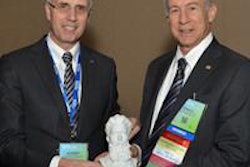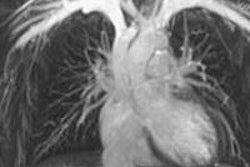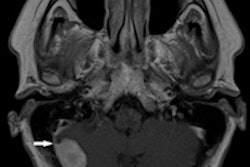A vast new population study funded by the German Ministry of Education and Research aims to explore the development of chronic diseases in more than 200,000 participants, and features whole-body MRI in more than 30,000 individuals as a key research component.
Over the next 30 years, the National Cohort study (NAKO) aims to use MRI in its detailed exploration of chronic disease development, designed to create effective preventive strategies and examine the relationship between disease, lifestyle, and environmental factors.
The project is expected to cost 210 billion euros, of which 10% is devoted to radiology, the German Radiology Society (Deutsche Röntgengesellschaft, DRG) reported.
Among a total 200,000 expected participants, 30,000 will undergo whole-body MRI, according to the DRG report. The project was spurred by increases in the development of chronic diseases, including cancer, diabetes mellitus, and cardiovascular diseases, owing to population changes that have increased the percentage of older people.
Outcomes data have traditionally been hard to produce, but this project requires it in order to demonstrate the benefit of new imaging technologies, DRG said. For radiology, the project is expected to increase the number of disease markers in MRI.



















